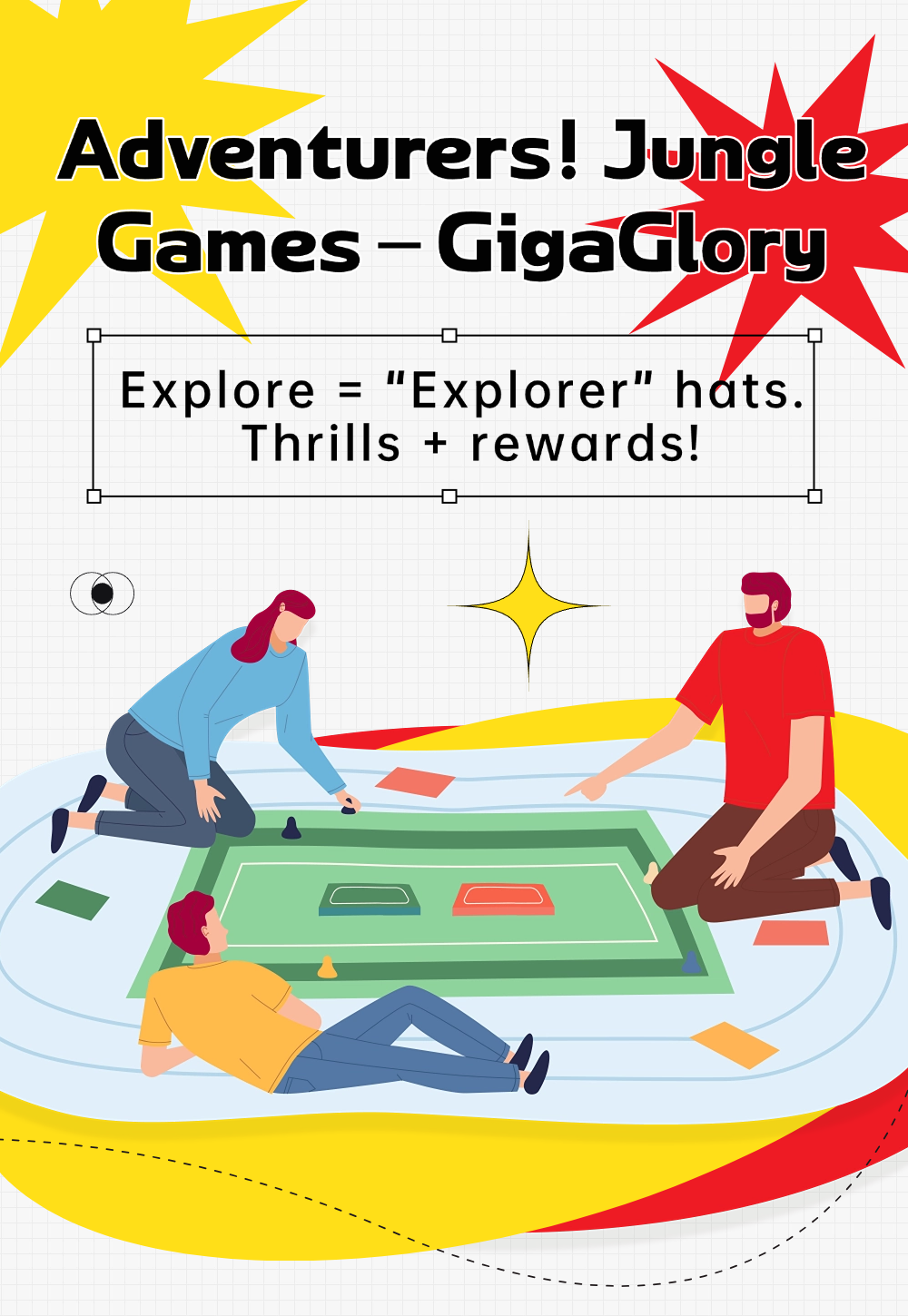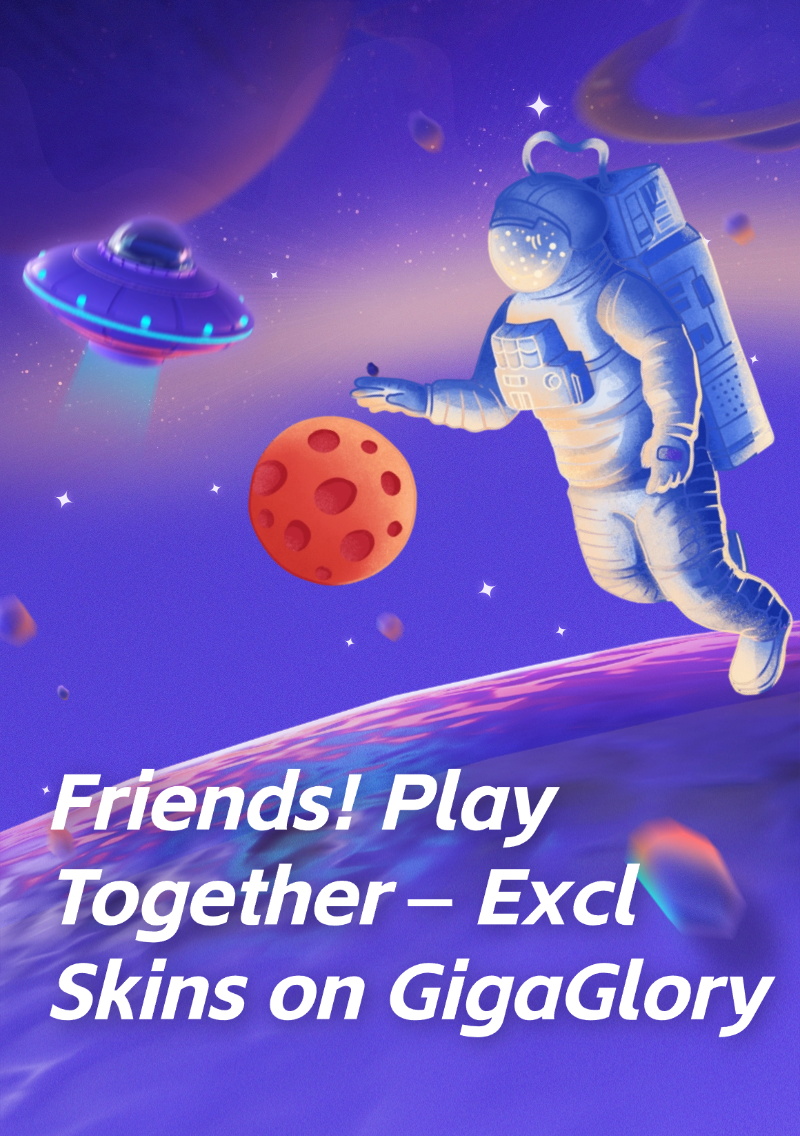Unlocking Fun: How Puzzle Games Redefine Casual Gaming Experiences
Puzzle games have taken the world of casual games by storm. They offer unique twists that engage players and keep them coming back for more. But have you ever wondered why these games resonate with so many casual gamers? In this exploration, we will delve into the world of puzzle games, their impact on casual gaming, and even touch upon some common curiosities in the gaming community.
Understanding Puzzle Games
Puzzle games are designed to engage players in problem-solving and critical thinking. Often characterized by their easy-to-learn, difficult-to-master philosophy, these games make for great casual gaming experiences.
How Puzzle Games Engage Players
One of the most compelling aspects of puzzle games is their ability to draw players in. Various elements contribute to this:
- Simple Mechanics: Most puzzle games rely on straightforward rules that are easily understood.
- Progressive Difficulty: Games typically ramp up in difficulty, keeping players challenged.
- Visual Appeal: Bright colors and captivating graphics enhance the player experience.
Popular Puzzle Games: A Quick Overview
| Game Title | Release Date | Platform | Unique Feature |
|---|---|---|---|
| Bejeweled | 2001 | Various | Match-3 gameplay |
| Tetris | 1984 | Various | Tile-matching |
| Candy Crush Saga | 2012 | Mobile | Social elements |
The Social Aspect of Puzzle Games
Many modern puzzle games encourage social interaction among players, which is a significant factor in their appeal. Platforms like match.com have, in a way, become synonymous with social gaming. However, with rising questions about whether has match.com crashed, the dynamic of these communities sometimes faces challenges.
Accessibility of Puzzle Games
One main reason behind the growing popularity of puzzle games is their accessibility. You don't need high-end equipment or advanced skills to enjoy them.
- Available on Multiple Platforms: Puzzle games are found on smartphones, tablets, and computers.
- Free Versions: Most titles offer free-to-play models with in-game purchases.
Puzzle Games vs. Other Casual Games
Puzzle games stand out amongst the myriad of casual games available. But what distinguishes them? From RPGs to action games, here's a brief comparison:
| Game Type | Focus | Gameplay Experience |
|---|---|---|
| Puzzle Games | Problem-solving | Slow pace, thoughtful |
| RPGs | Story and character development | Engaging, immersive |
| Action Games | Speed and reflexes | Fast-paced, chaotic |
Psychological Benefits of Playing Puzzle Games
Playing puzzle games can benefit mental health. Research has shown that they improve cognitive functions:
- Enhance Memory: Many puzzles involve remembering patterns and sequences.
- Sharpen Logic: Problem-solving skills improve with practice.
Embracing New Trends in Puzzle Gaming
The gaming industry is rapidly evolving, and puzzle games are no exception. Innovations such as AR and VR are starting to make waves.
Future of Puzzle Games
As technology improves, new forms of gaming will emerge. Developers may create hybrid games combining puzzle elements with action or adventure styles.
A List of Must-Try Puzzle Games
If you're a newcomer or just looking to dive deeper into the genre, here's a quick list of unforgettable puzzle games:
- Portal Series: A groundbreaking combination of puzzles and storytelling.
- The Witness: A visually stunning exploration of complex puzzles.
- Monument Valley: An artistic take on spatial puzzles.
Frequently Asked Questions (FAQs)
What defines a puzzle game?
A puzzle game is primarily focused on problem-solving, logic, and strategy rather than fast reflexes or reaction times.
Why are puzzle games so popular?
Puzzle games appeal to a broad audience due to their accessibility, often featuring simple mechanics and gradual difficulty.
Are there any negative aspects to puzzle gaming?
While generally positive, some players may experience frustration when encountering difficult challenges, but this often leads to a satisfying resolution.
Conclusion
Puzzle games have not only redefined the landscape of casual games but also forged communities and provided mental benefits. From engaging mechanics to the social aspects intertwined with gaming platforms, the success of these games is undeniable. The real question is: what will the next revolution in puzzle gaming look like?



